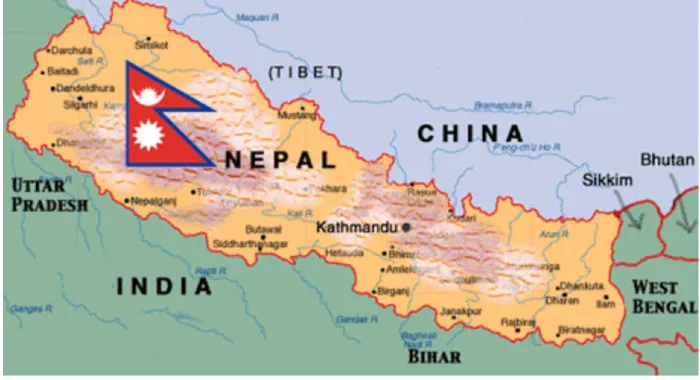Why is Nepal’s Prime Minister Sher Bahadur Deuba, who assumed charge on July 13, is still struggling to expand his cabinet? Analysts, India Narrative spoke to, said on condition of anonymity that the dissonance among the coalition partners is a direct cause of the Chinese influence.
On Wednesday, Deuba managed to add one more member in his cabinet– Narayan Khadka who will be the country’s foreign minister.
Of the total of 21, Deuba is currently looking after over 15 ministries—effectively implying that the bureaucracy is running the show.
While this is an internal problem of Nepal, India is watching the situation.
Also read: India and South Asia await Deuba's full cabinet in Nepal
“China has already started influencing the Nepalese political contours..India must remain agile,” one of the analysts told India Narrative.
Deuba is known to have close relations with India.
A recent article in Annapurna Express, noted that it will be interesting to “watch how the Chinese deal with Deuba in the days ahead.”
“They have cultivated a sizable political section in Nepal, which they are sure to use to minimize American presence and to push for expeditious implementation of the nine BRI (Belt and Road Initiative) projects identified for Nepal,” the news organisation said, adding that a huge constituency in Nepali Congress is still strongly in favour of closer ties with Beijing.
“This is indicative of some underlying dissonance which bodes ill well for the country’s body politic,” Bhaskar Koirala, Director of the Nepal Institute of International and Strategic Studies told India Narrative.
He added that Deuba “must give full flesh to the government at the earliest in order also to ensure smooth and seamless functioning of the government, because today the people of Nepal have a singular concern: effective governance and public administration.”
Also read: Have India and Nepal quietly started rechartering their bilateral ties?
“In the absence of that, not only does the integrity of Nepal stand to experience sustained levels of turbulence, the regional environment will also come under considerable strain,” Koirala said.
India and Nepal share more than 1800 kilometres of open border. Earlier, in an article, the Beijing headquartered Global Times, noted that “the Nepali Congress will likely lead the country’s foreign policy towards a “favorable direction for India.” However, it also maintained that despite this Nepal’s relations with China will remain solid.




















